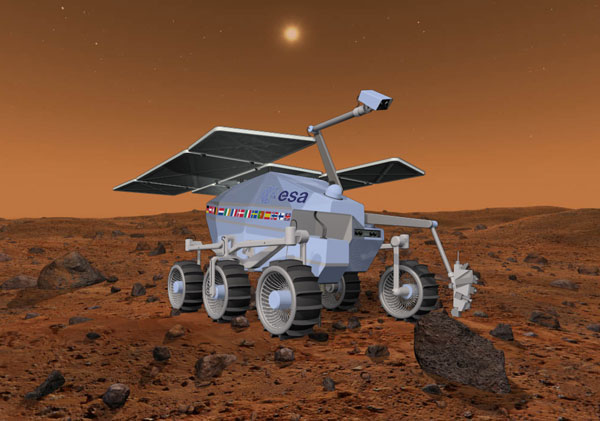Exobiology (same thing as astrobiology) is about life in space (on other planets, and moons; in other solar systems): where it is, what it is, how it started, and how it evolved (all studied scientifically, of course). Because the origin of life right here on Earth, and its early evolution, is essentially unknown, and because of the distinct possibility of similiarities with the origin (and early evolution) of life elsewhere in the universe, exobiology includes research into abiogenesis (and early, and extreme, life on Earth).
Exobiology is very much a multi-disciplinary field, drawing on biology, chemistry, geology (and planetary science), physics, and astronomy.
Because we have a sample of just one – life on Earth – it is difficult to make anything but the most general decisions on what lines of exobiology research are likely to be productive (keep in mind that null results can, of course, be quite productive). Conservatively, looking for planets like Earth in orbit around stars like the Sun (in age as well as mass, metallicity, etc), and looking for clues for fossil life in planetary environments like those found today on Earth (e.g. early Mars) seem better options than investigating possible silicon-based life (to take just one example).
As the number of exosolar (or extrasolar) planetary systems known continues to grow, quickly, discovering the prevalence of Earth-mass planets, in goldilocks orbital zones, seems like a good idea … so today we have the Kepler mission and COROT.
As the early Mars becomes better understood – and the widespread distribution of liquid water then – so today we have plans for the Mars Science Laboratory and ExoMars (the discovery of methane in the Martian atmosphere certainly spurs such developments).
Less conservatively, the discovery of life around black smokers and sites like Lost City (not to mention entire ecosystems within crustal rocks … several km beneath the surface) sparked interest in the possibility of life in Europa, on Titan, even Enceladus (life – albeit rather simple life – we now know does not need to depend, ultimately, on the Sun’s (or another star’s) radiant energy … think chemolithoautotrophs).
Did you know that NASA has an exobiology branch? Check it out! Duke University’s Chemistry Department has an interesting Introduction to Exobiology you might find interesting too.
Universe Today stories on exobiology? Yep, lots; here’s a random selection: Martian Explorers Should Be Looking for Fossils, Did Life Arrive Before the Solar System Even Formed?, Extremophile Hunt Begins in Antarctica, Implications for Exobiologists , and New Targets to Search for Life on Europa.
Any Astronomy Cast episodes on exobiology? Yep … but it’s called Astrobiology.
Sources: NASA, ESA

